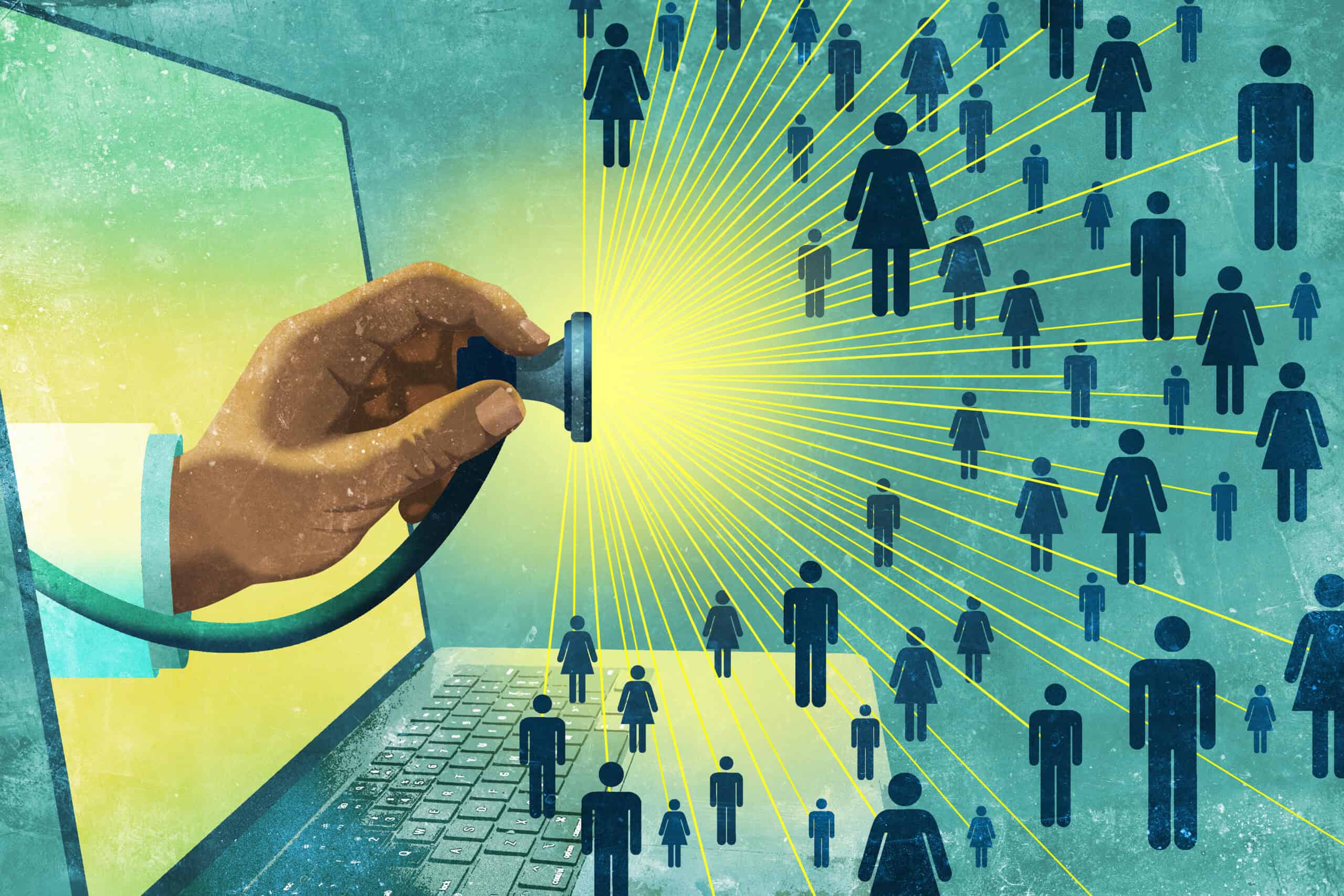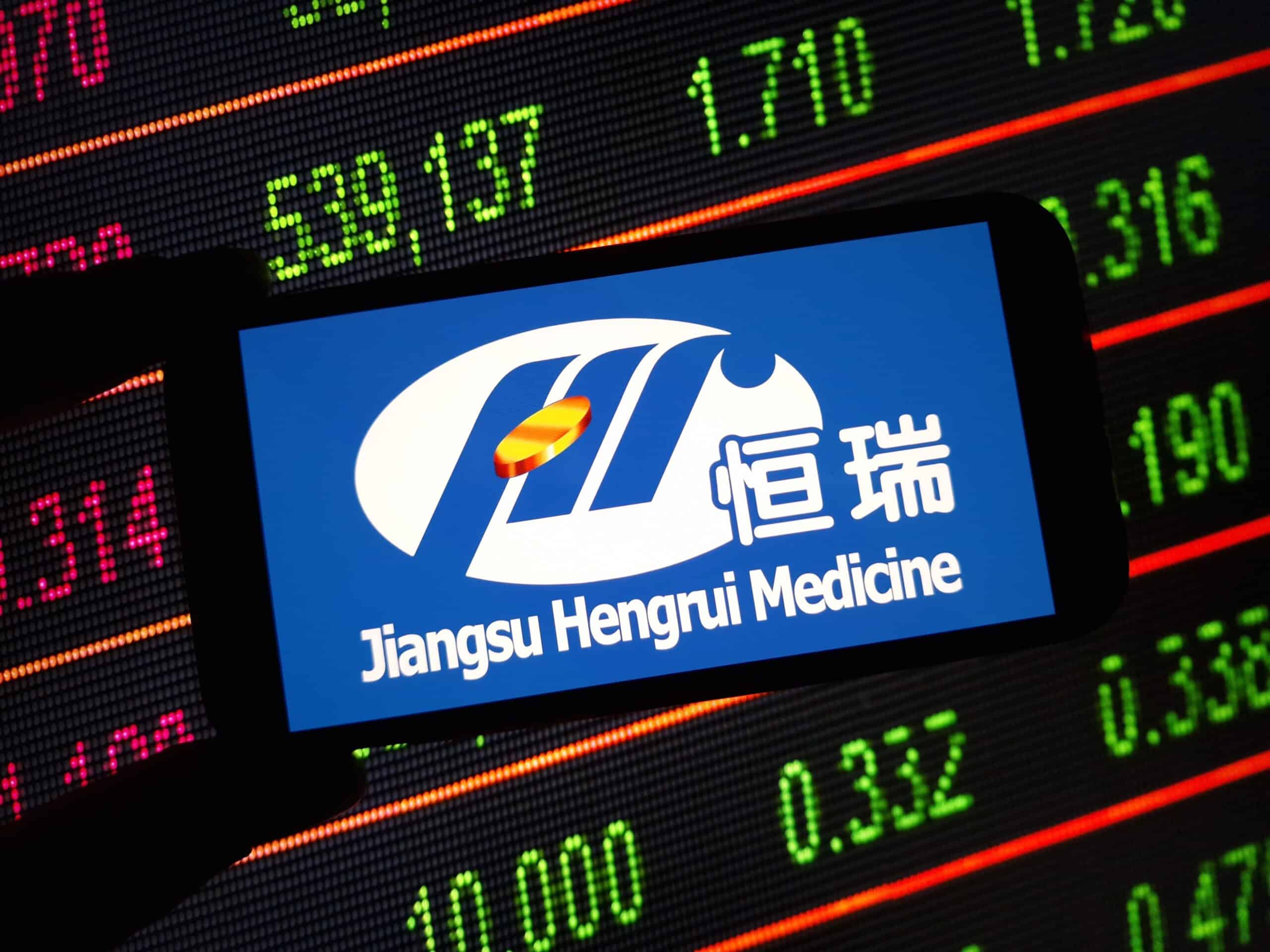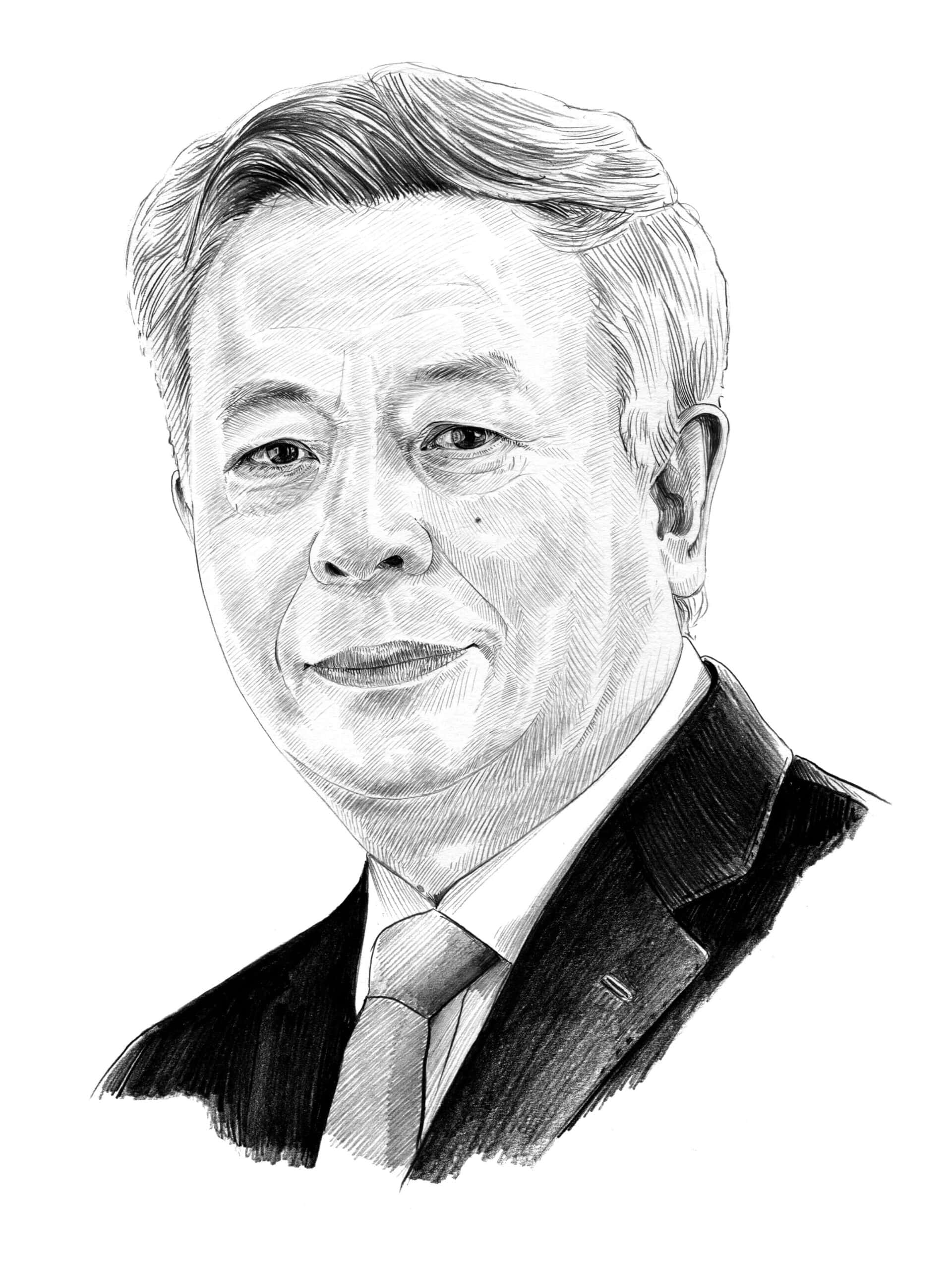Philippe Le Corre has followed the rise of China and its relations with Europe and U.S. throughout a career that has spanned government, media, academia and business, on both sides of the Atlantic and in Asia. A former foreign correspondent, he was also at one time an adviser to the French government. These days he is a Senior Fellow at the Asia Society Policy Institute’s Center for China Analysis and research fellow at Harvard University. In this edited transcript of a recent conversation, we
LISTEN NOW
Face-Off: U.S. vs. China returns for new season
An award-winning podcast about the world’s two superpowers, the two men in charge, and the vital issues that affect us all. Face-Off cuts through the noise for the real story, with essential historical context.



